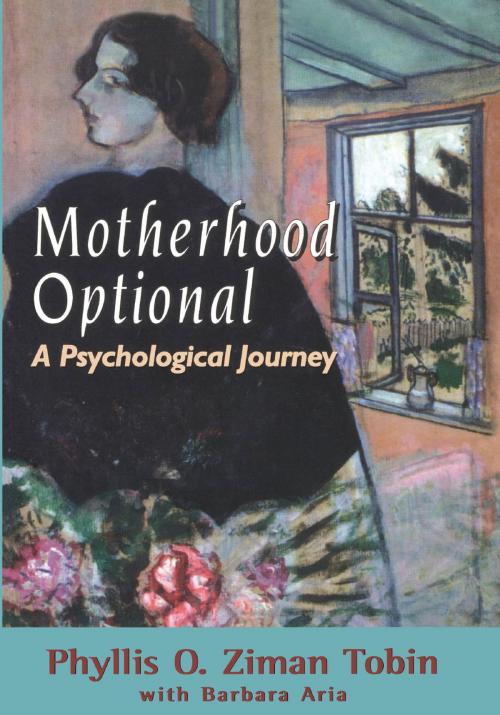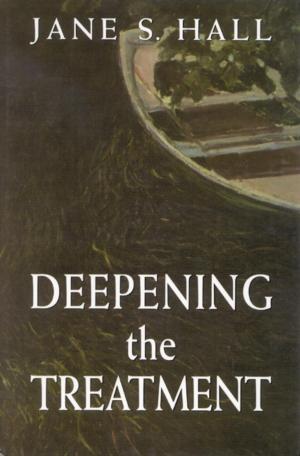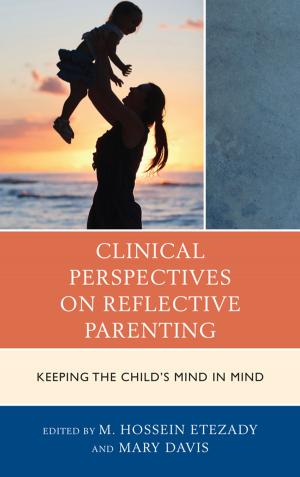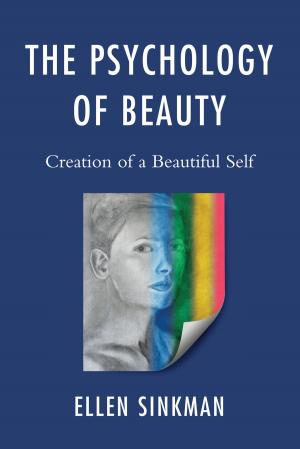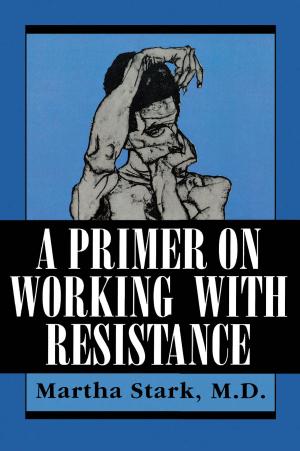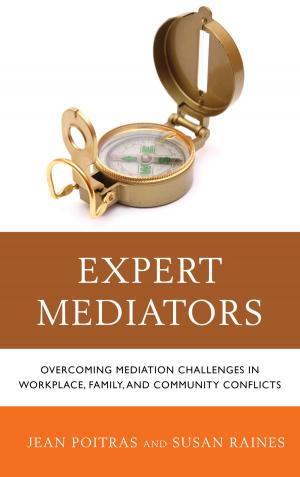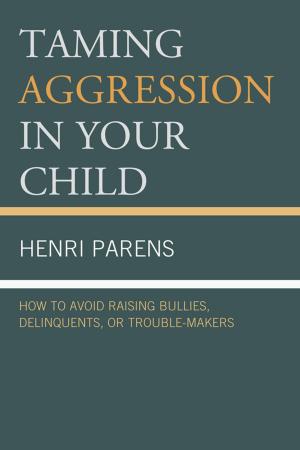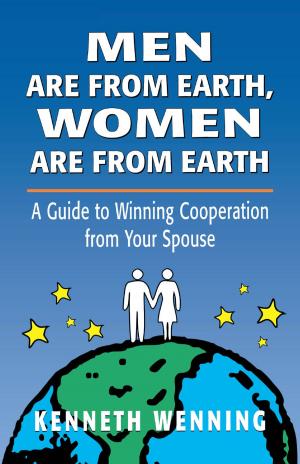Motherhood Optional
A Psychological Journey
Nonfiction, Health & Well Being, Psychology, Developmental Psychology, Emotions| Author: | Phyllis Ziman Tobin, Barbara Aria | ISBN: | 9781461734062 |
| Publisher: | Jason Aronson, Inc. | Publication: | June 1, 1998 |
| Imprint: | Jason Aronson, Inc. | Language: | English |
| Author: | Phyllis Ziman Tobin, Barbara Aria |
| ISBN: | 9781461734062 |
| Publisher: | Jason Aronson, Inc. |
| Publication: | June 1, 1998 |
| Imprint: | Jason Aronson, Inc. |
| Language: | English |
Reminding women that motherhood is an option, not a given (much less an instinct), New York psychotherapist Phyllis Ziman Tobin contends that choosing to be or not to be a mother is the defining rite of passage for today's woman. She draws on the composite struggles of real people to show how the dilemma is rooted in unexamined assumptions about normalcy, fear of change and loss of control, and the not always audible voices of our own mothers. Dr. Tobin challenges mental health professionals to recognize that coming to terms with the motherhood question is an act of maturation proper to every woman, an opportunity for self-creation. She herself recognizes that, for women who find themselves infertile or uncoupled or unconventionally situated, the question is compounded and painfully revisited as reproductive technology fails, adoption is considered, time passes. Whichever option a woman ultimately selects, she loses something, Dr. Tobin acknowledges - yet she gains by weighing the fear of now against the fear of never and being the agent instead of the victim of her regrets.
Reminding women that motherhood is an option, not a given (much less an instinct), New York psychotherapist Phyllis Ziman Tobin contends that choosing to be or not to be a mother is the defining rite of passage for today's woman. She draws on the composite struggles of real people to show how the dilemma is rooted in unexamined assumptions about normalcy, fear of change and loss of control, and the not always audible voices of our own mothers. Dr. Tobin challenges mental health professionals to recognize that coming to terms with the motherhood question is an act of maturation proper to every woman, an opportunity for self-creation. She herself recognizes that, for women who find themselves infertile or uncoupled or unconventionally situated, the question is compounded and painfully revisited as reproductive technology fails, adoption is considered, time passes. Whichever option a woman ultimately selects, she loses something, Dr. Tobin acknowledges - yet she gains by weighing the fear of now against the fear of never and being the agent instead of the victim of her regrets.
